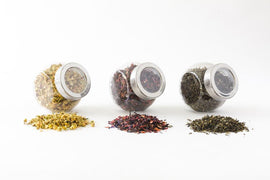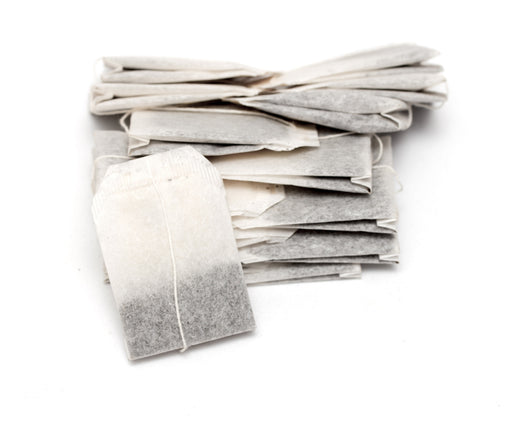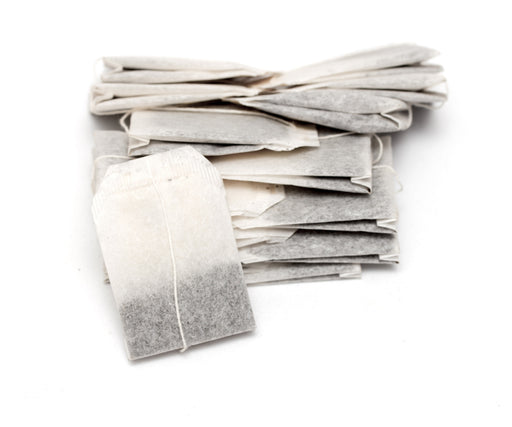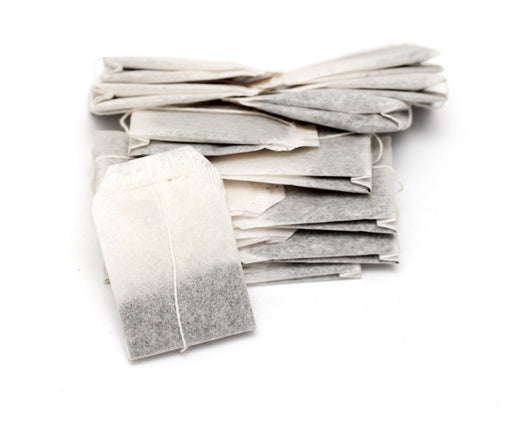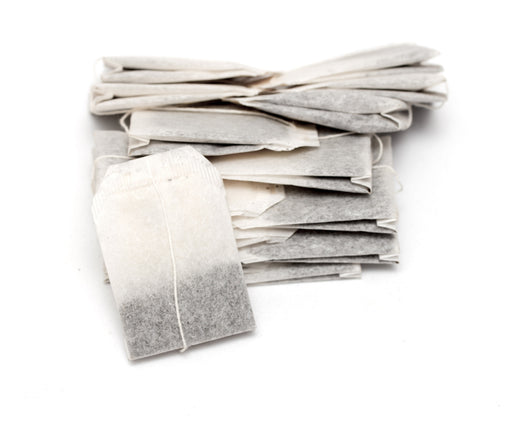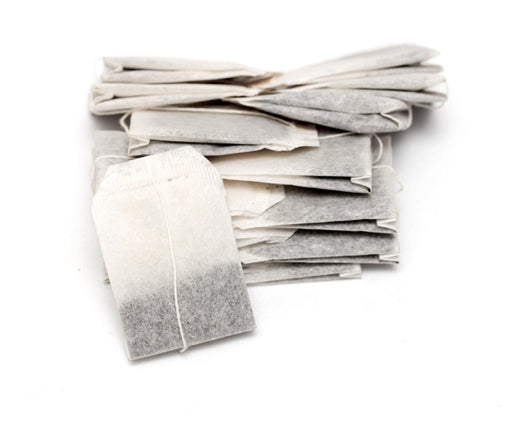St. John's Wort Tea Bag
-
Botanical Name: Hypericum perforatum
St. John’s wort is an herb. Its flowers and leaves are used to make medicine.
St. John’s wort is most commonly used for depression and conditions that sometimes go along with depression such as anxiety, tiredness, loss of appetite and trouble sleeping. There is some strong scientific evidence that it is effective for mild to moderate depression.
Other uses include heart palpitations, moodiness and other symptoms of menopause, attention deficit-hyperactivity disorder (ADHD), obsessive-compulsive disorder (OCD), and seasonal affective disorder (SAD).
St. John’s wort has been tried for exhaustion, stop-smoking help, fibromyalgia, chronic fatigue syndrome (CFS), migraine and other types of headaches, muscle pain, nerve pain, and irritable bowel syndrome. It is also used for cancer, HIV/AIDS, and hepatitis C.
An oil can be made from St. John’s wort. Some people apply this oil to their skin to treat bruises and scrapes, inflammation and muscle pain, first degree burns, wounds, bug bites, hemorrhoids, and nerve pain. It can cause serious sensitivity to sunlight.
St. John’s wort is native to Europe but is commonly found in the US and Canada in the dry ground of roadsides, meadows, and woods. Although not native to Australia and long considered a weed, St. John’s wort is now grown there as a crop. Today, Australia produces 20 percent of the world’s supply.
For a long time, investigators thought a chemical in St. John’s wort called hypericin was responsible for its effects against depression. More recent information suggests another chemical, hyperforin, may play a larger role in depression. Hypericin and hyperforin act on chemical messengers in the nervous system that regulate mood.
-
Botanical Name: Hypericum perforatum
• Mild to moderate depression
• Menopausal symptoms
• Wound healing topical
• Migraine headache
• Smoking cessation




















































































